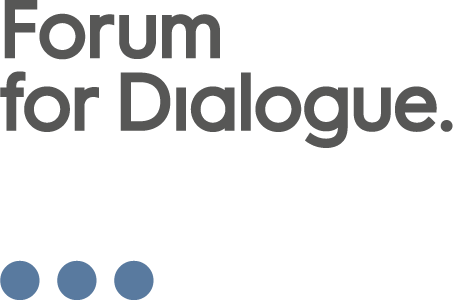Ever since I was a child, I knew that Otwock’s forests are home to some strange cemetery and in the fall, mushroom pickers may stumble over strange stones in the grass. When I grew up, I lived in a neighborhood which was part of priest Wojciech Lemański’s parish. When the case of Jedwabne hit the headlines, priest Lemański’s decoration of the Holy Sepulchre [Polish church tradition for Easter] featured burnt barn doors with the figure of Jesus Christ among the burnt wood and a piece of paper reading “Forgive” taped to them. Then I stumbled upon Calek Perechodnik’s diary and thus learned how Jews had disappeared from Otwock and Karczew. And then it turned out that my parish priest Lemański and my former high school classmate Zbyszek Nosowski – currently editor-in-chief of “Więź” Catholic periodical – formed a Social Committee for the Memory of Otwock and Karczew Jews and needed help with renovation of the Jewish cemetery in the Anielin forests. The words of John Paul II that Jews are our older brothers in faith fully sank in; as a child, I had lived in a wooden house that belonged to a Jewish family before the war… From that moment, there was no other way for me to follow… I am a natural born activist and traveler. After many turning points, my professional activism focused on coordinating human resources issues for economic migrants from Moldova and Nepal working in Poland. I am also a tour operator for foreign visitors and lead tours around Poland for Jews from all over the world.
Monika Czub
Karczew / Otwock




